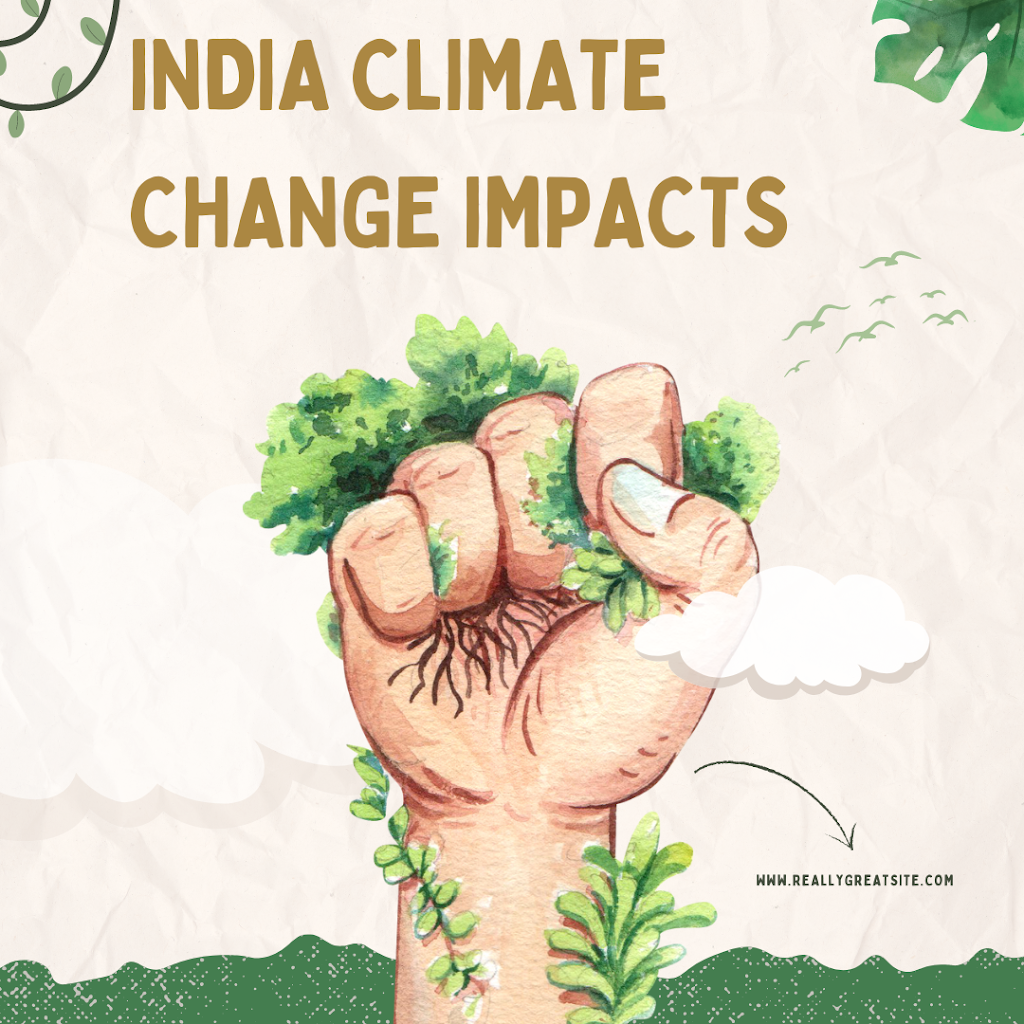
Certainly! There are numerous Global warming blogs that cover various aspects of global warming, climate change, and environmental issues. Here are some blogs that you might find informative and insightful:
Climate change | Global warming blogs | Green House Gases
RealClimate:
Website: RealClimate
RealClimate provides climate science updates and commentary, authored by climate scientists.
Yale Climate Connections:
Website: Yale Climate Connections
Yale Climate Connections offers articles, interviews, and stories related to climate change, including solutions and impacts.
Climate Central:
Website: Climate Central
Climate Central focuses on communicating climate science and its impacts through articles, graphics, and multimedia.
The Guardian – Environment Section:
Website: The Guardian – Environment
The Guardian’s Environment section covers a wide range of environmental issues, including global warming and climate change.
Skeptical Science:
Website: Skeptical Science
Skeptical Science addresses common misconceptions and provides evidence-based responses to climate change skeptics.
NASA’s Climate Change Blog:
Website: NASA’s Climate Change
NASA’s Climate Change Blog features updates on climate science research, satellite observations, and climate-related news.
WRI Insights – World Resources Institute:
Website: WRI Insights
WRI’s blog covers a variety of environmental and sustainability topics, including climate change and global warming.
Union of Concerned Scientists – The Equation:
Website: The Equation
The Union of Concerned Scientists’ blog, The Equation, covers a range of scientific and policy topics related to climate change.
Climate Home News:
Website: Climate Home News
Climate Home News provides news, analysis, and commentary on global climate issues.
Climate Nexus:
Website: Climate Nexus
Climate Nexus offers insights, updates, and stories on climate change and its impacts.
Remember to check the publication dates and verify the information from reliable sources, as the field of climate science is dynamic, and new research findings may emerge.






